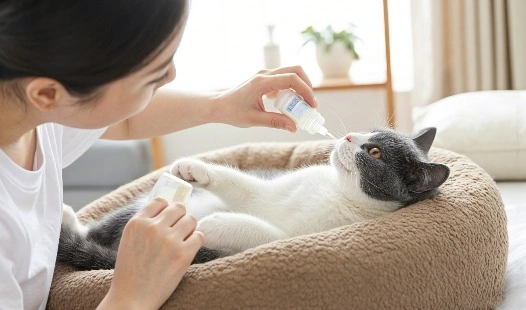Common vs. Rare Side Effects: What to Expect?
When considering GS-441524 treatment for your cat, it's essential to be aware of both common and rare side effects. This knowledge will help you prepare for potential challenges and respond appropriately if issues arise.
Common Side Effects
Many cats undergoing GS-441524 treatment experience mild to moderate side effects, which are generally manageable and often subside as the body adjusts to the medication. These may include:
- Injection site soreness or inflammation
- Temporary loss of appetite
- Mild lethargy or decreased activity
- Gastrointestinal upset (nausea, vomiting, or diarrhea)
- Slight fever
Rare Side Effects
While less common, some cats may experience more severe side effects that require closer monitoring and potential intervention. These rare side effects can include:
- Severe injection site reactions (abscesses or ulceration)
- Prolonged loss of appetite leading to significant weight loss
- Neurological symptoms (seizures, disorientation, or behavioral changes)
- Severe gastrointestinal distress
- Allergic reactions (difficulty breathing, swelling, or hives)
Strategies for Minimizing Discomfort During Treatment
While side effects can be concerning, there are several strategies you can employ to help minimize discomfort and support your cat throughout the GS-441524 treatment process.
Managing Injection Site Discomfort
To reduce injection site soreness and inflammation:
- Rotate injection sites as recommended by your veterinarian
- Apply a warm compress to the injection site for 5-10 minutes after administration
- Gently massage the area to promote circulation and absorption
- Consider using a topical numbing cream (as advised by your vet) before injections
Supporting Appetite and Nutrition
To combat loss of appetite and maintain your cat's strength:
- Offer small, frequent meals of highly palatable food
- Warm food slightly to enhance aroma and appeal
- Use appetite stimulants if recommended by your veterinarian
- Consider temporary feeding tubes for severe cases (under veterinary guidance)
Addressing Gastrointestinal Upset
To alleviate nausea, vomiting, or diarrhea:
- Provide easily digestible, bland diets
- Administer anti-nausea medications as prescribed
- Ensure adequate hydration through water fountains or subcutaneous fluids
- Use probiotics to support gut health (consult your vet first)
|
|
|
|
When to Consult Your Veterinarian: Red Flags
While many side effects can be managed at home, certain symptoms warrant immediate veterinary attention. Be vigilant for these red flags, and consider GS-441524 purchase as part of preventive measures.
Severe or Persistent Symptoms
Contact your veterinarian if you observe:
- Prolonged vomiting or diarrhea (lasting more than 24 hours)
- Refusal to eat for more than 48 hours
- Signs of dehydration (sunken eyes, dry gums, lethargy)
- Difficulty breathing or rapid respiratory rate
- Severe lethargy or unresponsiveness
Neurological Concerns
Seek immediate veterinary care if your cat displays:
- Seizures or convulsions
- Sudden loss of balance or coordination
- Extreme behavioral changes or aggression
- Disorientation or confusion
Allergic Reactions
Watch for signs of severe allergic reactions, such as:
- Facial swelling, particularly around the eyes or muzzle
- Difficulty breathing or wheezing
- Widespread hives or rash
- Collapse or loss of consciousness
Conclusion
While GS-441524 has shown remarkable efficacy in treating FIP, it's crucial to approach the treatment with a thorough understanding of potential side effects and management strategies. By staying informed, closely monitoring your cat, and working closely with your veterinarian, you can navigate the treatment process more effectively and increase the chances of a positive outcome.
Keep in mind that each cat is an individual, and that their reaction to medication may differ. To quickly address issues and make necessary adjustments to the therapy, it is crucial to maintain consistent contact with your veterinarian team throughout the procedure. Many cats may finish the GS-441524 therapy and beat FIP with the right kind of care and supervision.
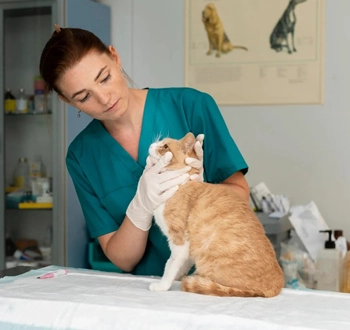 |
 |
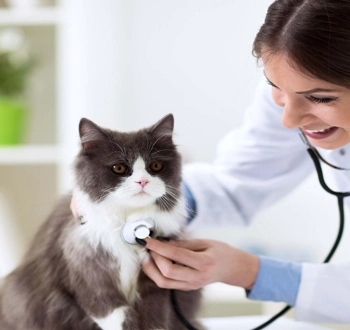 |
FAQ
1. How long do side effects typically last during GS-441524 treatment?
Side effects often peak within the first week of treatment and gradually subside as the cat's body adjusts to the medication. Most mild side effects resolve within 2-3 weeks, but some cats may experience ongoing mild symptoms throughout the treatment course.
2. Can the dosage of GS-441524 be adjusted to reduce side effects?
In some cases, veterinarians may adjust the dosage or administration schedule to help manage side effects. However, it's crucial not to alter the dosage without professional guidance, as maintaining therapeutic levels is essential for effective treatment.
3. Are there any long-term side effects associated with GS-441524 treatment?
Current research suggests that long-term side effects are rare when GS-441524 is administered correctly. However, as it's a relatively new treatment, ongoing studies continue to monitor for potential long-term effects. Regular follow-ups with your veterinarian can help identify and address any concerns.
Call to Action
If you're considering GS-441524 purchase for your feline companion's FIP treatment, trust Shaanxi BLOOM TECH Co., Ltd to provide you with high-quality, reliable products. With over 12 years of experience in organic synthesis and a commitment to excellence, we offer:
- GMP-certified production facilities
- Rigorous quality control measures
- Competitive pricing without compromising on quality
- Professional R&D team support
- Comprehensive product documentation
Don't let FIP hold your cat back from living their best life. Take the first step towards effective treatment by reaching out to our dedicated team today. For inquiries or to place an order, contact us at Sales@bloomtechz.com. Our experts are standing by to assist you in making the best choice for your feline friend's health and well-being.
References
1. Pedersen, N. C., et al. (2019). Efficacy and safety of the nucleoside analog GS-441524 for treatment of cats with naturally occurring feline infectious peritonitis. Journal of Feline Medicine and Surgery, 21(4), 271-281.
2. Murphy, B. G., et al. (2020). Treatment of cats with feline infectious peritonitis using the nucleoside analog GS-441524. Animals, 10(2), 166.
3. Dickinson, P. J., et al. (2020). Antiviral treatment using the adenosine nucleoside analogue GS-441524 in cats with clinically diagnosed neurological feline infectious peritonitis. Journal of Veterinary Internal Medicine, 34(4), 1587-1593.
4. Addie, D. D., et al. (2020). Feline infectious peritonitis. ABCD guidelines on prevention and management. Journal of Feline Medicine and Surgery, 22(11), 1047-1068.


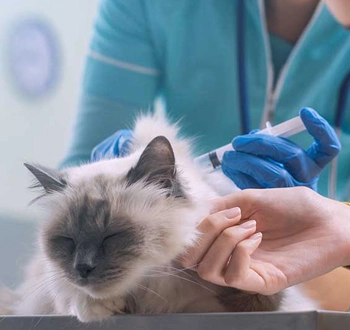





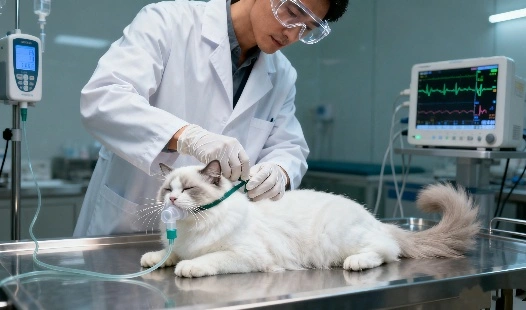
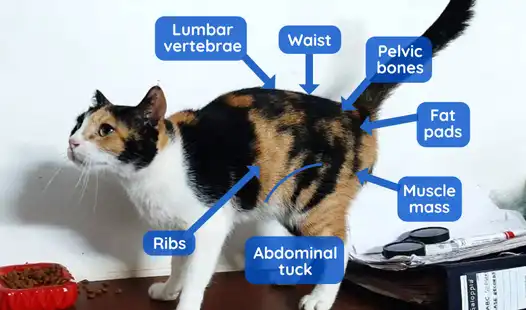
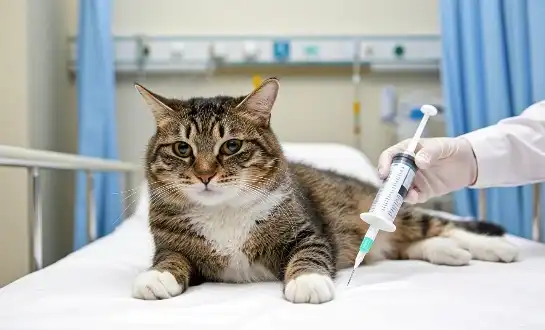
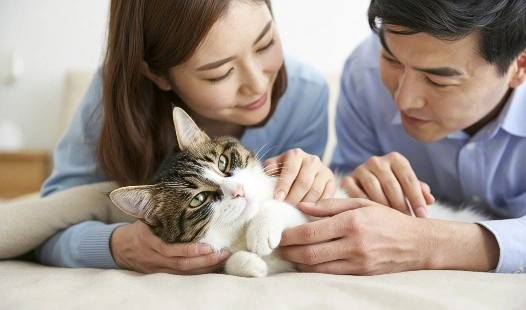
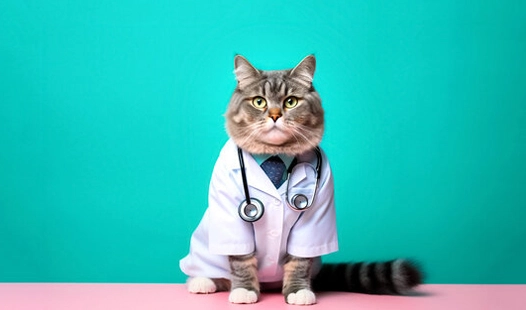
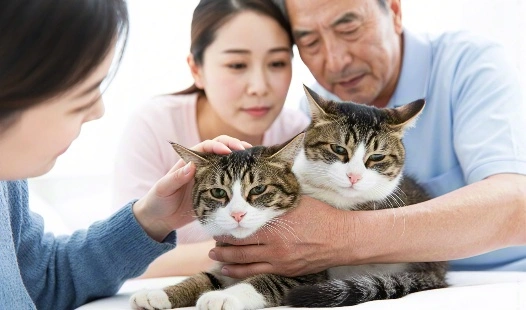
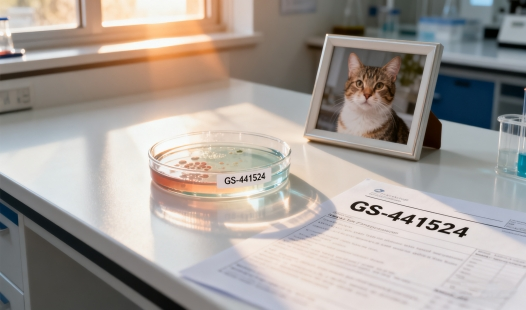
_副本_1758506507767.webp)
